STMicroelectronics Internship: Monitoring of heart rate and activities with integrated ECG and motion sensors
By Medical Physics and Biomedical Engineering, on 13 October 2023
Name: Sirine Bhouri
Degree: Biomedical Engineering
Project Title: Monitoring of heart rate and activities with integrated ECG and motion sensors
Supervisors: Dr Terence Leung
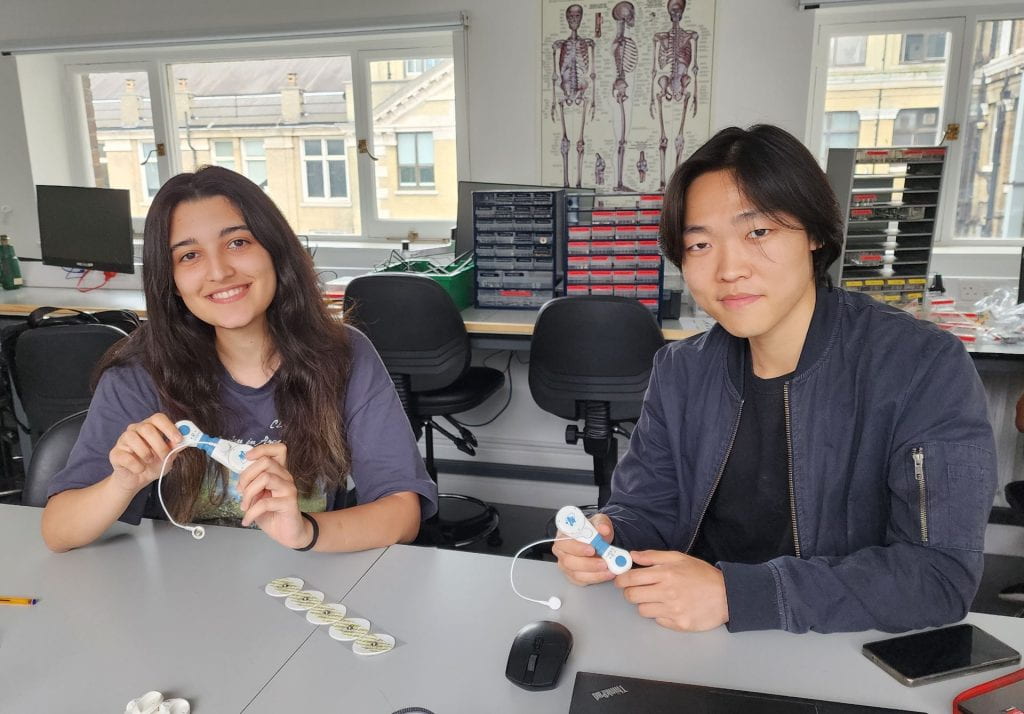
This summer I got the opportunity to work on an 8-week studentship that was organised jointly by UCL and ST Microelectronics Ltd (STM). The aim of the project was to work with STM’s Hi device and investigate a new clinical application for it. By the end of the project, I managed to develop a real-time model of sway as well as a Graphical User Interface (GUI) that uses accelerometer data collected by the Hi device to compute a sway index and output the grade of ataxia of the patient in a timely and accurate manner, thus facilitating the diagnosis and monitoring of ataxic patients.
What immediately appealed to me about the project was the fact that it focused on wearable technology, and programming, whilst providing clinical exposure. I got to interact with patients and clinicians to develop a proof-of-concept that integrated microelectronics into the clinical world, and I learned so much in the process.
Indeed, I got the opportunity to work, share my ideas, discuss my findings with and get feedback from both engineers and clinicians and this was truly an opportunity of a lifetime. It proved to me how important it is to consider both the engineering and clinical aspects if we want to develop an innovative, effective, and useful medical technology.
Realising not only the importance but also the necessity of this interdisciplinarity reassured me that I had made the right decision to study biomedical engineering, which essence itself consists of bridging engineering, physics and maths with biology and medicine to improve patients’ and clinicians’ lives.
In addition to this, working with engineers, clinicians, my supervisor as well as PhD students, taught me to share my findings and present my ideas in a clear and succinct manner. It also improved my ability to receive and implement feedback effectively to improve my work.
All of these learnings and achievements were made possible thanks to teamwork which was key during my studentship. By collaborating continually, I gained insight into various fields and aspects of medical technology development, and I learned so much from each and every single presentation and discussion I had. I also got to meet brilliant people who shared my passion for biomedical engineering and medical technologies, and this made me truly enjoy my time as a student intern!
 Close
Close



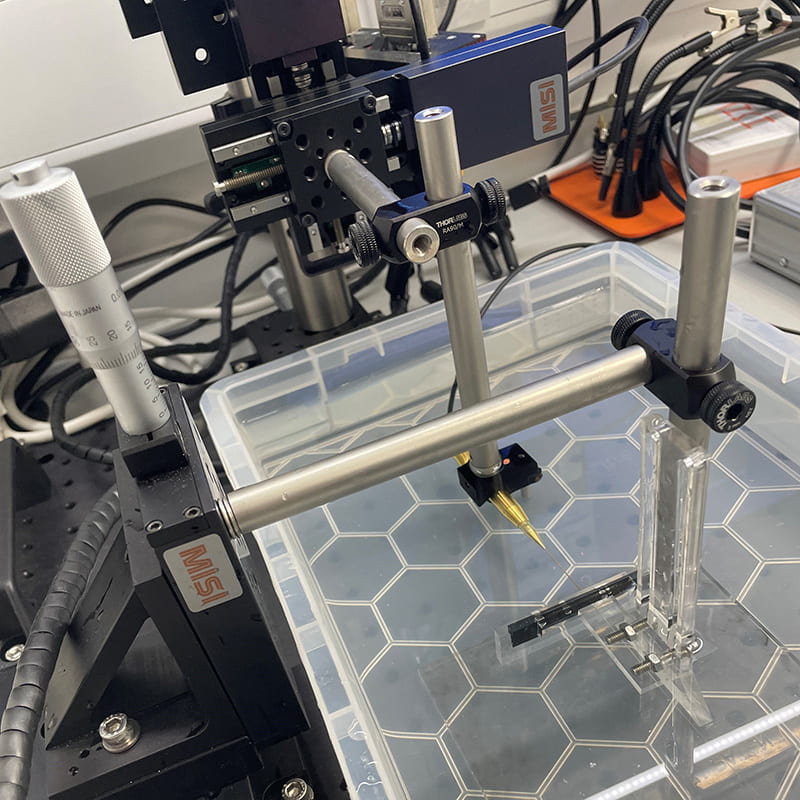
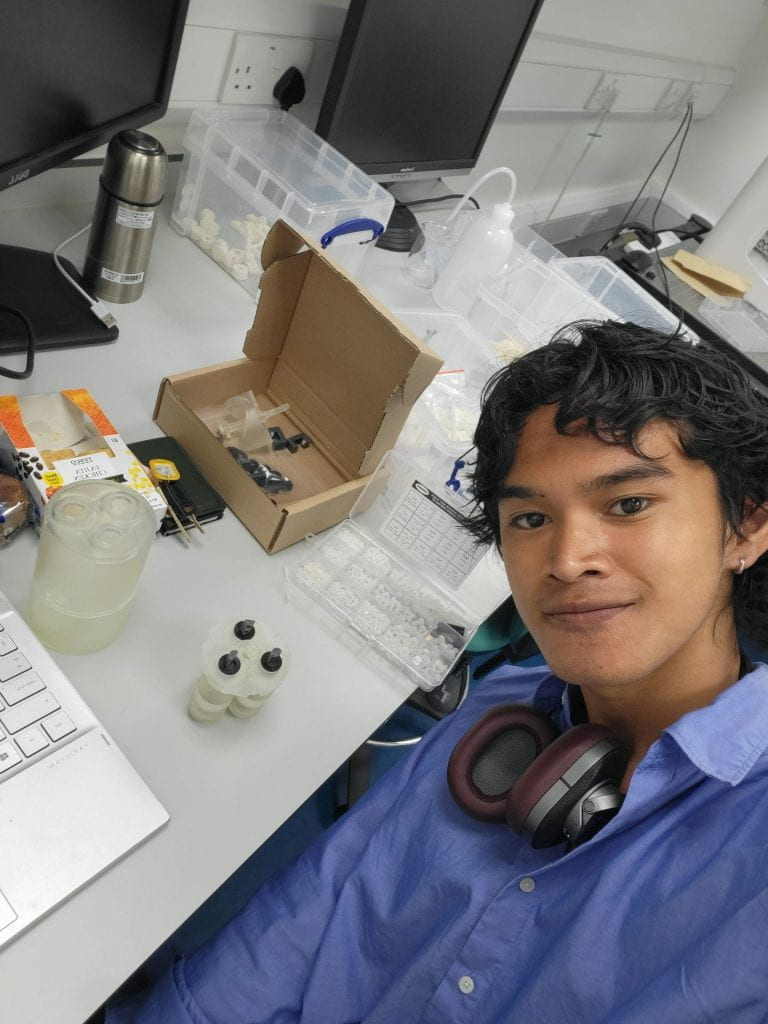
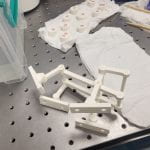
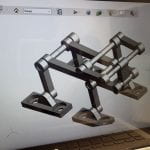
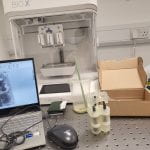
 As my 10-week summer placement with UCL Medical Physics & Biomedical Engineering officially comes to an end, I am incredibly thankful to have had the opportunity to contribute towards research in paediatric brain tumour radiotherapy alongside an amazing team of students and professionals alike.
As my 10-week summer placement with UCL Medical Physics & Biomedical Engineering officially comes to an end, I am incredibly thankful to have had the opportunity to contribute towards research in paediatric brain tumour radiotherapy alongside an amazing team of students and professionals alike.



















